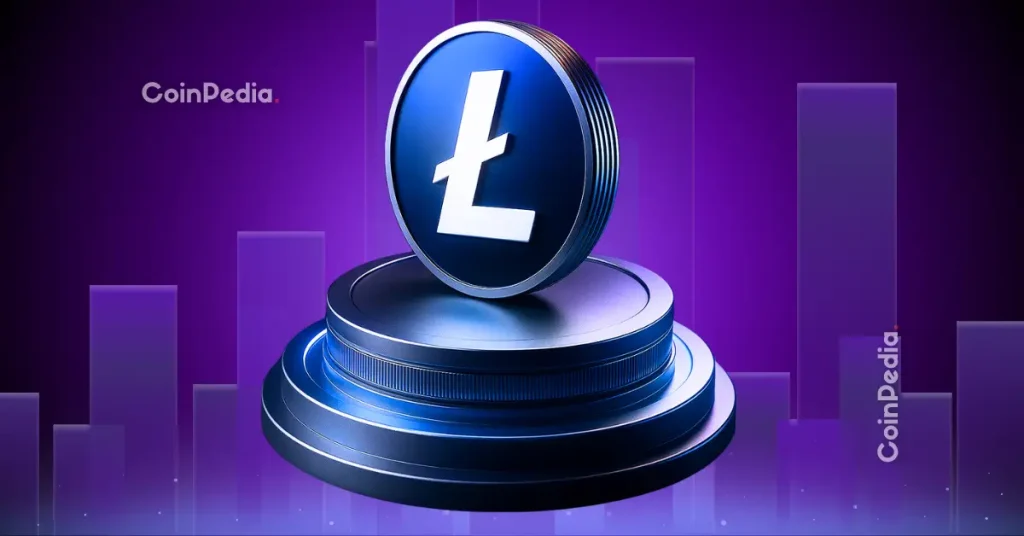Elon Musk’s XCorp and xAI won their key procedural battle on Thursday in the lawsuit against Apple Inc. and OpenAI. A federal judge in Texas has ordered Apple and OpenAI to respond to allegations that the two companies conspired to reduce competition in emerging markets for artificial intelligence.
U.S. District Judge Mark Pittman of the Northern District of Texas denied Apple and OpenAI’s motion to dismiss the lawsuit. In the written order, Pittman did not disclose his reasoning but ordered both sides to file additional filings explaining themselves.
The ruling does not decide whether Musk’s companies will ultimately succeed. Instead, it allows the system of justice to do its job. This procedural victory enables XCorp to initiate the process of collecting evidence, taking witness depositions, and advancing to trial.
Apple and OpenAI defend themselves
XCorp and xAI argue that Apple’s decision to build OpenAI technology into iPhones and iPads is a move to lock them and other rivals out of major consumer distribution points for AI. The lawsuit argues that Apple’s moves leave OpenAI as the dominant player in mobile AI with a limited product offering, making it difficult for other companies to compete or attract customers.
Musk’s companies argue that this agreement is a disaster for consumers, as it limits choice and restricts the development of new AI tools. They also argue that the partnership between Apple and OpenAI represents another unfair consolidation of power in a nascent industry, which could constrain global competition.
In court papers, Apple rejected the claims as false and misleading. Its lawyers emphasised that an exclusive agreement with OpenAI did not bind the company, and that the company’s plans still included working with other developers in AI. They say that the iPhone has always been a multi-application platform, so consumers are not trapped into OpenAI’s choices; competition has always been free to coexist alongside it.
OpenAI also responded in kind, calling the lawsuit a mere “instrument of Musk’s campaign of lawfare.” In a statement, the group mentioned Musk’s personal friendship and business ties to the outfit’s CEO, Sam Altman — they were co-banished from OpenAI over 10 years ago.
OpenAI’s lawyers described the litigation as a meritless effort to settle old scores, rather than address any legitimate competitive concerns. OpenAI is independent, and any Apple product integration occurred as part of a legal business activity — once more, not the tentacles of a plot to suffocate the competition.
Legal experts say both companies are involved in a broader fear of competition in the world of artificial intelligence, where market shares and strategic partnerships (and animosities among menageries of brainy people who work there) can often rub up against each other in ways that confound differences between competition and innovation, not to mention corporate behaviour at the digital technology’s bleeding edge.
Court sets stage for next moves
Now, both sides must file additional paperwork with the court. They will flesh them out more. If the case goes to trial, it could be months or even years before a final judgment is rendered.
The case, XCorp. v.. Apple, 25-cv-00914, is being heard in the Fort Worth division of the Northern District of Texas. If Musk’s companies prevail, the ruling could alter the way Apple and OpenAI conduct business in the AI space. Competitors may be able to access markets more easily, and consumers may face a greater number of choices in AI products.
The case highlights the growing tensions in the AI industry, and more broadly, as large tech companies strive to integrate their technologies into consumer products at an unprecedented pace. Cases like this one could help determine who sets the rules for AI in smartphones and beyond.
Join Bybit now and claim a $50 bonus in minutes
















 English (US)
English (US)